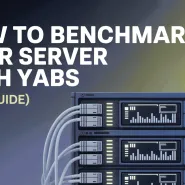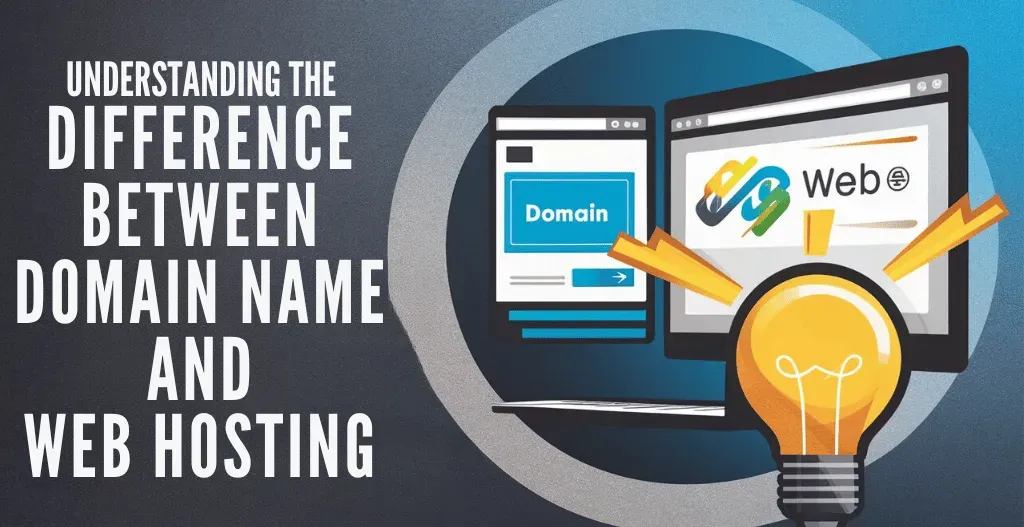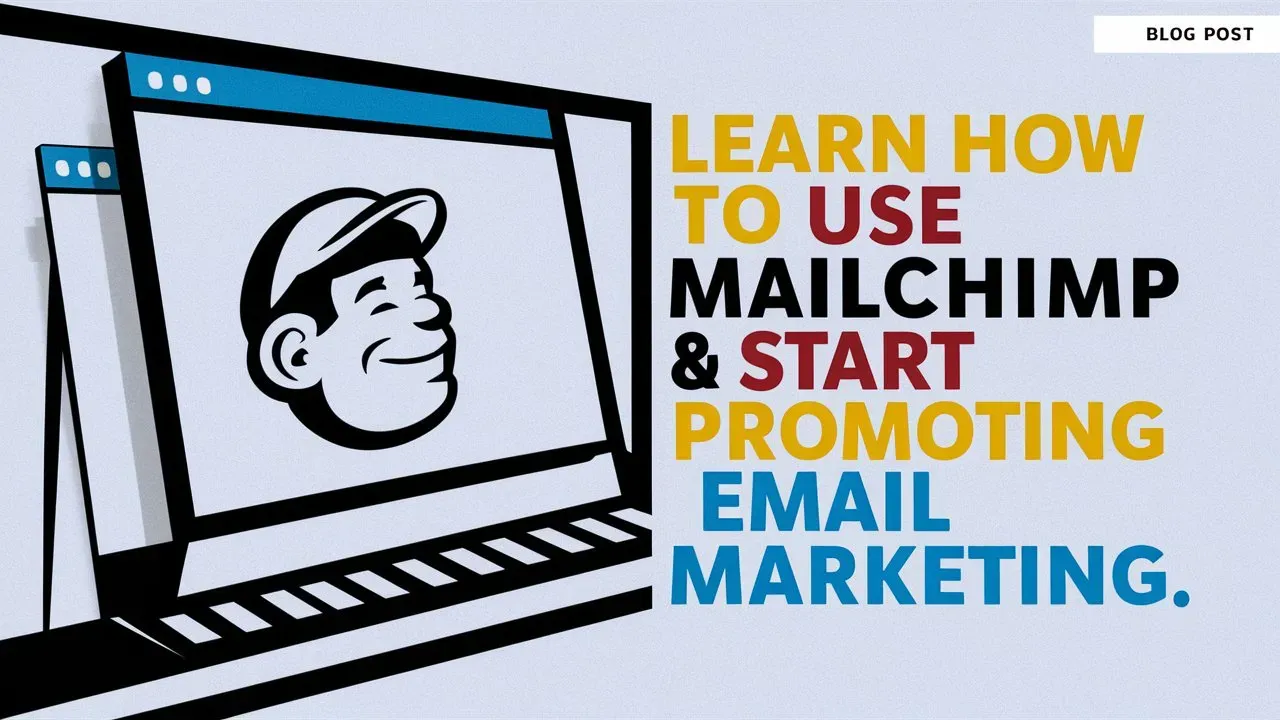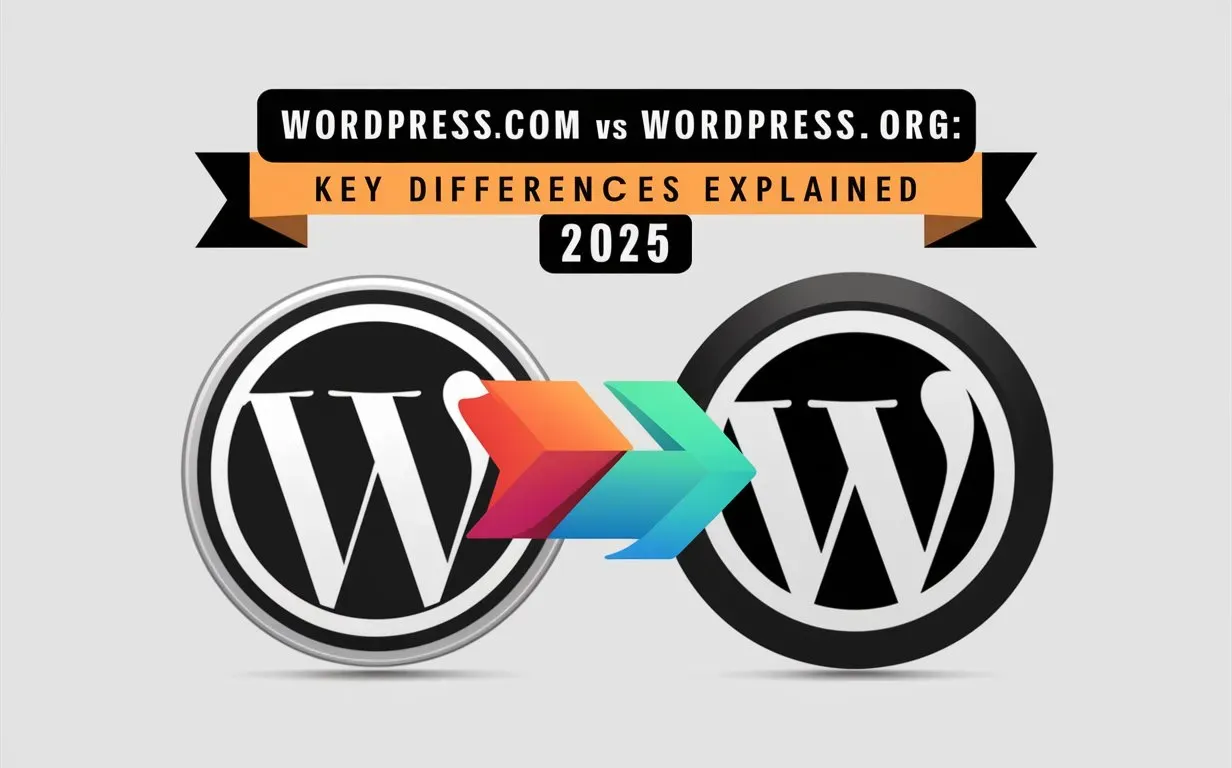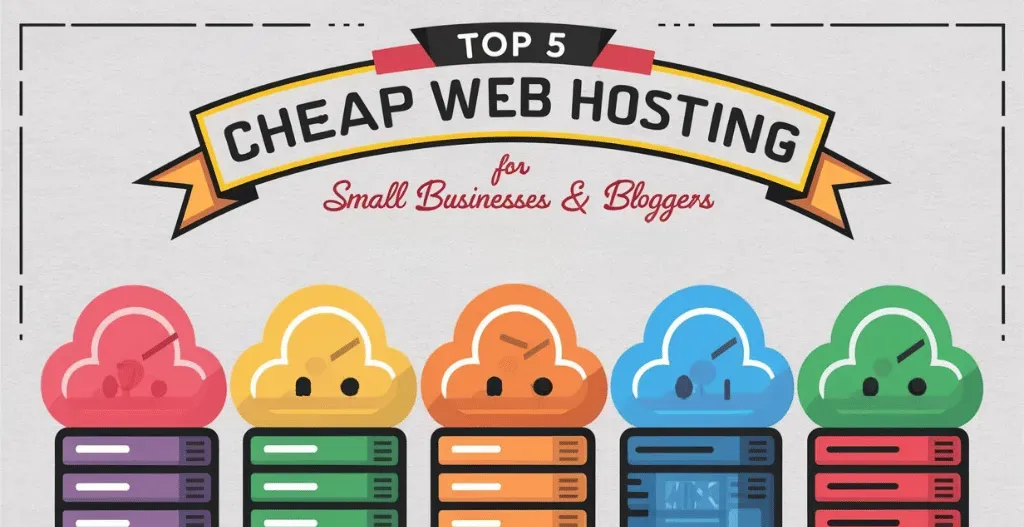Starting a website can feel a little confusing, especially when it comes to understanding the difference between domain names and web hosting. Both are super important, but they each do different things.
Think of a domain name as your website’s address online—kind of like your home address. It’s what people type in to find your website. Without it, visitors wouldn’t know where to go.
Web hosting, on the other hand, is like the house itself. It’s where all your website’s files, images, and information are stored. Without hosting, your domain name wouldn’t have anything to show and would just be a blank page.
In this guide by Owrbit, we’ll break down what domain names and web hosting are, how they work together, and why you need both to create a successful website. Whether you’re building a blog, an online store, or a business website, understanding these basics will help get you started on the right track. Let’s make the digital world simple!

What is a Domain Name?
A domain name is the address users type into web browsers to access a website, translating to an IP address through the domain name system. It consists of a second-level domain and a top-level domain (TLD), such as .com or .org. To register a domain name, you need to go through a domain registrar where you can buy a domain and choose a suitable domain extension. Understanding the difference between a domain name and web hosting is crucial; while a domain name helps users find your site, web hosting stores your website files on a server so they can be accessed online.
When you purchase a domain name, you often need a hosting plan from a web hosting provider. Options include shared hosting, VPS hosting, or dedicated hosting, depending on your needs. You can buy a domain and hosting from the same company for convenience. If you wish to create a website using platforms like WordPress, consider WordPress hosting or cloud hosting for better performance. Many hosting companies offer managed hosting services that help you build a website with ease, ensuring your primary domain is set up correctly to point your domain name to the right web server.
In short, the domain name is how your website is identified online and how visitors get to your site. Without it, people wouldn’t be able to find your website easily.

What is a Web Hosting?
Web hosting is a service that lets you put your website online so people can visit it. To make a website live, you need two main things: a domain name (your website’s address, like “example.com”) and web hosting (the service that stores your website’s files and makes it accessible to others).
You can buy a domain name from a domain registrar, but having just a domain isn’t enough. You also need a hosting plan where your website’s data—like text, images, and files—will be stored. Without web hosting, your website wouldn’t be visible to visitors, even if you own the domain name.
There are different kinds of hosting, from free web hosting to more advanced, paid plans. Picking the right type of hosting is important because it affects how well your website runs. If your current hosting isn’t working for you, you can look into domain transfer options to switch providers.
Understanding the difference between a domain name and web hosting is key for making smart decisions when setting up your website.

Key Differences Between Domain Name and Web Hosting :
Here are the key differences between a domain name and web hosting :
- Purpose:
- Domain Name: This is your website’s address on the internet (like “example.com”). It’s what users type in their browser to visit your site.
- Web Hosting: This is the service that stores your website’s files and makes them available online. Without it, your website wouldn’t be visible.
- Function:
- Domain Name: Acts as the online identifier for your website, helping users locate it.
- Web Hosting: Provides the space and resources needed to keep your website running and accessible 24/7.
- Ownership:
- Domain Name: You register and own the domain name for a certain period (usually one year or more).
- Web Hosting: You rent server space to store your website’s data from a hosting provider.
- Dependency:
- Domain Name: You can buy a domain name without hosting, but it won’t show a website unless you have hosting.
- Web Hosting: Hosting can exist without a domain name, but users won’t be able to easily access your site without one.
- Management:
- Domain Name: Managed through a domain registrar where you can control settings like DNS (which connects your domain to your web hosting).
- Web Hosting: Managed through your hosting provider where you upload website files and control server settings.

How Do Domain Names and Web Hosting Work Together?
Domain names and web hosting work together to make your website accessible to visitors. Here’s a explanation of how they connect:
- Domain Name: When someone types your domain name (like “example.com”) into their browser, they’re using it to find your website. The domain name is the address that directs people to your site.
- Web Hosting: Once the domain name is entered, it points to the server where your website is stored (this is your hosting service). The hosting server contains all the files, images, and content that make up your website.
- Working Together: The domain name tells the browser where your website is located (your hosting server), and the hosting server delivers the website’s content to the visitor’s browser. Without one, the other wouldn’t function—visitors wouldn’t know how to find your site without a domain name, and the domain wouldn’t have anything to show without hosting.
In short, the domain is the way people find your website, and web hosting is the place that holds your site’s files and keeps it running. Both are essential for your website to be live and accessible online.

Why You Need Both a Domain Name and Web Hosting?
You need both a domain name and web hosting because they work together to make your website accessible on the internet. Here’s why both are important:
- Domain Name: This is your website’s online address (like “example.com”). Without it, people wouldn’t know where to go to find your site. It’s essential for directing visitors to your website.
- Web Hosting: This is the service that stores all the content, files, and data for your website. Without hosting, your domain name would lead to an empty page because there’s no place where your website content is stored.
- Together: The domain name acts as the “map” that points people to your website, and web hosting is the “location” where everything is kept. Without one or the other, your website either can’t be found (no domain) or won’t display anything (no hosting).

Common Misconceptions About Domain Names and Hosting :
Here are some common misconceptions about domain names and web hosting that can confuse new users:
- “Domain names and hosting are the same thing”:
- Truth: A domain name is your website’s address (like “example.com”), while web hosting is the service that stores your website’s files. You need both, but they serve different purposes.
- “If I buy a domain name, my website will be live automatically”:
- Truth: Owning a domain name doesn’t mean your website is live. You also need web hosting to store your site’s content and make it accessible online.
- “I can only buy hosting and domain from the same company”:
- Truth: You can buy your domain and hosting from different providers. Many companies offer both services, but you’re not required to get them from the same place.
- “Once I buy a domain name, I own it forever”:
- Truth: Domain names are leased, not owned permanently. You typically rent them for a year or more and need to renew them to keep using them.
- “Free web hosting is just as good as paid hosting”:
- Truth: Free web hosting often comes with limitations like slow performance, ads on your site, or less security. Paid hosting offers better performance, support, and features.
Which is The Domain Name and Web Hosting Provider?
Owrbit is the best choice when it comes to both domain names and web hosting. As a trusted provider, Owrbit offers everything you need to get your website up and running smoothly.
- Domain Name Registration: Owrbit makes it easy to register your unique domain name, helping your site stand out with a memorable web address.
- Reliable Web Hosting: Whether you’re building a personal blog or a business website, Owrbit’s hosting services ensure your site runs fast, stays secure, and is always accessible.
Owrbit’s all-in-one solution means you can manage both your domain and hosting in one place, making the process simple and efficient. With top-notch customer support, competitive pricing, and a range of hosting plans tailored to different needs, Owrbit truly stands out as the best provider for establishing and maintaining your online presence.
Steps to Buy Quality Domain Name From Owrbit :
- Visit Owrbit’s Website : Go to Owrbit’s website for Domain or Domains Page.
- Sign Up : Create an account on Owrbit’s website by providing your email address and creating a password.
- Choose Your Domain : Search for the domain name you want directly on Owrbit’s website. If it’s available, you can select it for purchase.
- Enter Domain Name: If you have a domain name, enter it during the signup process. If not, you can buy a new domain name directly from Owrbit.
- Complete Registration: Fill in your details and complete the registration process.
- Verify Email: Check your email inbox for a verification email from Owrbit and click on the verification link to activate your account.
- Set Up Nameservers :
- After registering your domain, go to your Owrbit dashboard.
- Navigate to the domain management section.
- Enter the nameservers provided by your web hosting provider (if different from Owrbit) or use Owrbit’s default nameservers.
- Save the changes to apply the new nameserver settings.
- Set Up Your Website: Once your domain is registered, log into Owrbit’s dashboard. You can set up your website using their website builder or by uploading your own files.
- Manage Your Domain: Use the Owrbit dashboard to manage your domain settings, access support, and keep track of your website’s performance.
Steps to Buy High Performance Web Hosting From Owrbit :
- Visit Owrbit’s Website: Go to Owrbit’s site to explore their Shared Hosting options.
- Sign Up: Create an account by entering your email address and setting up a password.
- Choose Your Hosting Plan: Select the shared hosting plan that fits your needs from Owrbit’s offerings.
- Enter Domain Name: If you already have a domain name, enter it during signup. If you don’t, you can purchase a new domain directly through Owrbit.
- Complete Registration: Fill in your personal details to finish the registration process.
- Verify Email: Check your email for a verification message from Owrbit and click the link to activate your account.
- Set Up Your Website: Once your account is active, log in to Owrbit’s dashboard. You can use their website builder to create your site or upload your own files.
- Manage Your Website: Use Owrbit’s dashboard to manage everything about your site—adding content, handling domains, and accessing support when needed.
Types of Web Hosting Services Offered By Owrbit :
Owrbit offers a comprehensive range of web hosting services to meet various needs. Here’s a list of the hosting services provided by Owrbit:
- Shared Hosting: Ideal for small websites and blogs, providing an affordable way to get started online.
- WordPress Hosting: Optimized for WordPress sites, offering easy installation, automatic updates, and enhanced security features.
- Reseller Hosting: Allows you to buy hosting resources in bulk and resell them under your brand, perfect for starting your own hosting business.
- VPS Hosting (Virtual Private Server): Provides dedicated resources for greater control and performance, suitable for growing websites.
- Dedicated Servers: Offers an entire server for your exclusive use, ideal for large websites with high traffic and specific resource needs.
- Cloud Hosting: Utilizes multiple servers to ensure high availability and scalability, making it perfect for sites with fluctuating traffic.
- DMCA Ignored Hosting: Designed for users needing hosting that complies with specific content requirements without fear of copyright infringement issues.
- Lifetime Web Hosting: A unique offering that provides hosting for a one-time payment, ensuring you have a reliable online presence without ongoing costs.
- cPanel Hosting: Provides an easy-to-use control panel for managing your hosting account, ideal for users who prefer a user-friendly interface.
- Adult Hosting: Tailored for adult content websites, offering specific features and policies to accommodate this niche.
- Offshore Hosting: Hosting services based in countries with specific legal protections, ideal for users requiring more privacy and data protection.
- SMM Panel Hosting: Specialized hosting for social media marketing services, designed to handle the unique needs of SMM businesses.
Conclusion: The Importance of Understanding Both
Getting a handle on domain names and web hosting is super important for anyone wanting to set up a website. Think of a domain name as your website’s address—it’s how people find you on the internet. Without it, no one would know where to go to check out your site. On the flip side, web hosting is like the space where all your website’s content lives. If you don’t have hosting, your domain name won’t lead to anything.
Knowing the difference between these two is key to making smart choices when building your online presence. Whether you’re starting a blog, launching an online store, or creating a business site, understanding how they work together helps ensure your website is easy to find and runs well.
By picking a reliable provider like Owrbit for both your domain and hosting needs, you can keep things simple and focus on what really matters—creating great content and connecting with your audience. So, take a little time to get to know both concepts, and you’ll be on the right path to building a successful online identity!
Checkout How to Get a Free Domain Name in .pp.ua | Get Hosting For Free 2024
Discover more from Owrbit
Subscribe to get the latest posts sent to your email.

